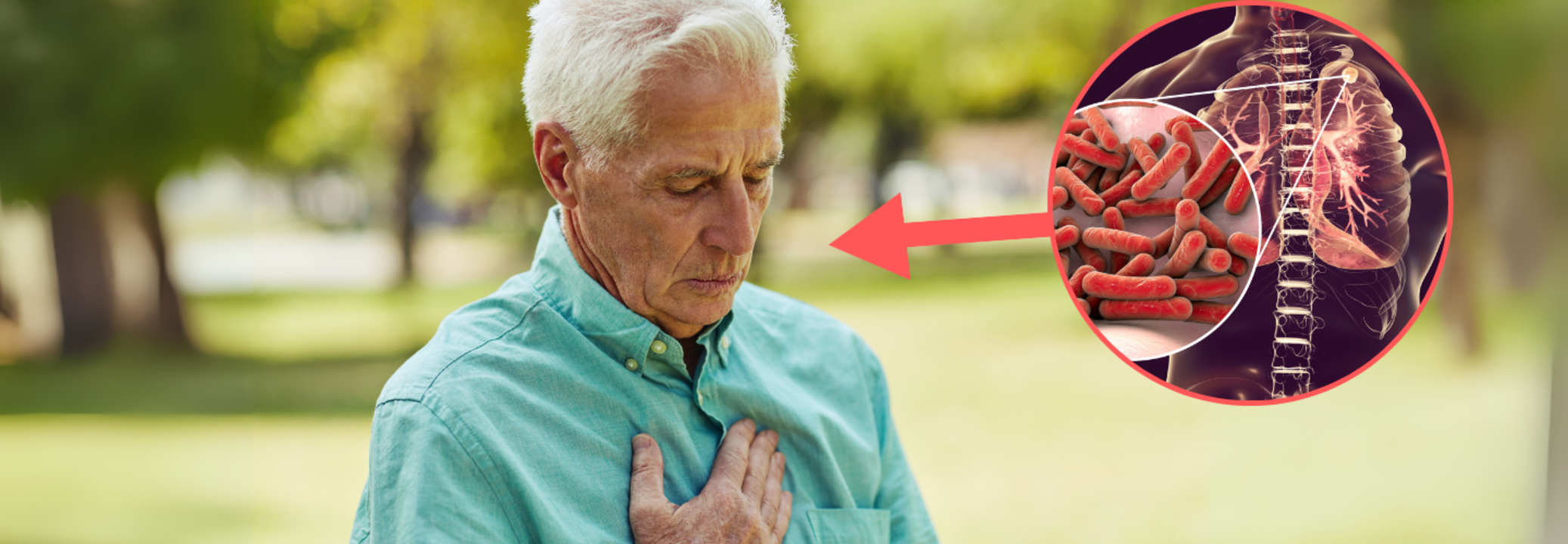World Tuberculosis Day 2025: You May Be Carrying TB, And Not Know Until It Gets Worse

(Credit-Canva)
SummaryThere are often cases of people carrying diseases and remaining unaffected by it. Many times, some diseases go undetected, making the carrying sicker. Tuberculosis may be harmless when it's inactive, but it can become active and cause major trouble.
End of Article
